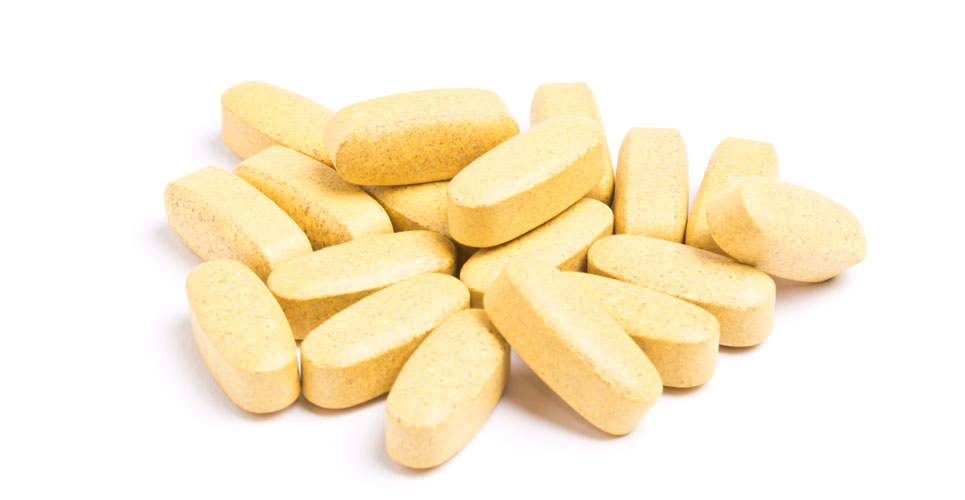Vitamin C is a dietary constituent that promotes iron absorption in the duodenum and upper jejunum.
Oral iron is always oxidised to the Fe3+ state, irrespective of how it is taken and requires an acidic environment for adequate absorption. Vitamin C creates a more acidic environment and can prevent the oxidation of iron to the ferric form. However, whether the common practice of advising that vitamin C is taken alongside iron supplements to enhance iron absorption is beneficial has never been tested.
As a result, for this study a team from the Department of Haematology, Huashan Hospital, Shanghai, China, undertook a randomised, open-label trial in adult patients with newly diagnosed iron-deficiency anaemia (IDA). Participants were given 100mg oral iron tablets plus 200mg of Vitamin C or 100 mg of iron alone every 8 hours for a total of 3 months and the authors assessed treatment compliance by determining the number of iron and vitamin C tablets returned at the end of the study. Included patients had a haemoglobin level less than 13g/dl for men or less than 12g/dl for women. Although treatment continued for 3 months, the primary outcome measure, the change from baseline in haemoglobin levels, was assessed after two weeks. Secondary outcomes included the increase in serum ferritin after 8 weeks and the haemoglobin level after 4 and 8 weeks.
Findings
A total of 440 patients with a mean age of 38.3 years (96.8% women) were randomised and treatment compliance was 98.2%. The mean baseline haemoglobin level was 8.76g/dl in both groups and serum ferritin, 5.89 in the vitamin C group and 6.34 in the iron only group. After two weeks, the change from baseline in haemoglobin levels was 2.00g/dl in the vitamin C group and 1.84g/dl in the iron only group which was not significant. Similarly, the mean change in serum ferritin levels were 35.75ng/ml vs 34.48ng/ml (vitamin C vs iron only). Furthermore, there were no differences in haemoglobin levels after 2, 4, 6 or 8 weeks. The authors concluded that it is unnecessary to add in vitamin C to the iron regime for patients with IDA.
Reference
Li N et al. The efficacy and safety of vitamin D for iron supplementation in adult patients with iron deficiency anaemia: A randomised clinical trial. JAMA Network Open 2020;3(11):e2023644. doi:10.1001/jamanetworkopen.2020.23644 (R

